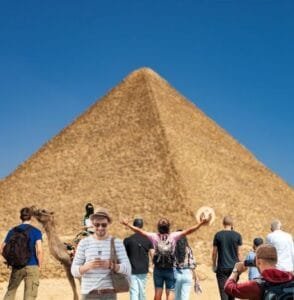
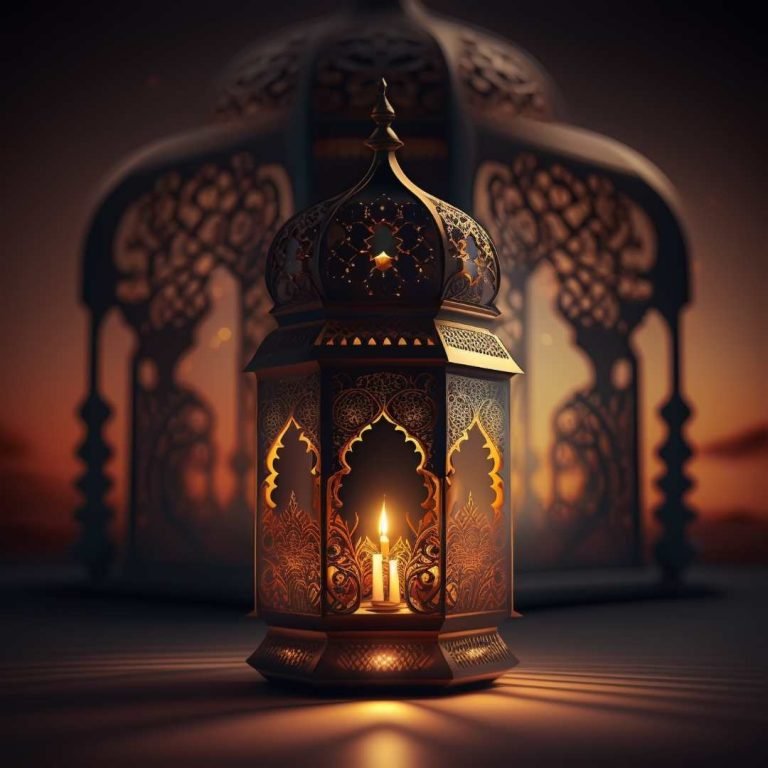
Home » Weekly Blog » Egyptian Festivals and Celebrations: Experiencing Culture in Full Swing
Egypt, a land of ancient wonders and timeless traditions, boasts a rich cultural heritage that has captivated the world for millennia. At the heart of this vibrant tapestry are the festivals and celebrations that bring the nation’s diverse history and deep-rooted traditions to life. In this blog post, we will embark on a journey through Egypt’s festive landscape, exploring the role of celebrations in its culture, delving into the significance of major festivals, and offering insights on how to experience these extraordinary events as a traveler. From the sacred observance of Ramadan to the colorful festivities of Sham El-Nessim, let’s immerse ourselves in Egyptian culture in full swing.
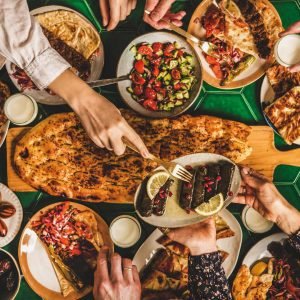
Egypt’s festivals have always played a pivotal role in shaping its cultural identity. They are not merely events for merriment but serve as a bridge connecting the past with the present. To truly understand Egypt and its people, one must appreciate the profound significance of these celebrations.
Historical Significance of Festivals: Festivals in Egypt have deep historical roots, often dating back thousands of years. These events are a testament to the enduring nature of Egyptian culture and its ability to adapt and evolve over time.
Reflecting Egypt’s Diverse History: Egypt’s festivals are a reflection of its diverse history, with influences from various civilizations that have left their mark on this ancient land. Whether it’s the pharaonic, Islamic, or Coptic traditions, festivals blend these influences into a harmonious cultural tapestry.
Role of Religion and Mythology: Religion and mythology play a central role in Egyptian festivals. Many celebrations are intertwined with religious observances and ancient myths, providing a glimpse into the spiritual dimension of Egyptian culture.
The holy month of Ramadan is one of the most significant and widely observed festivals in Egypt. Muslims fast from dawn till sunset, seeking spiritual purification and closeness to God. As the month draws to a close, the joyous celebration of Eid al-Fitr begins. Families come together to break their fast, exchange gifts, and extend charity to those in need.
Sham El-Nessim, an ancient spring festival, ushers in the arrival of spring and the blossoming of nature. Egyptians celebrate by picnicking along the Nile, eating traditional foods like salted fish and colored eggs, and enjoying the outdoors with their loved ones.
Moulid al-Nabi, the celebration of the Prophet Muhammad’s birthday, is a significant Islamic festival in Egypt. Streets are adorned with colorful lights and decorations, and parades are held in honor of the Prophet. The celebration also includes reading and reciting poetry and religious texts.
Coptic Christmas is a prominent Christian celebration in Egypt. It falls on January 7th and is marked by special church services, traditional Coptic hymns, and gatherings with family and friends. The streets are illuminated, and homes are decorated with nativity scenes.
Wafaa El-Nil is a unique festival that celebrates the life-giving Nile River, which has sustained Egypt for millennia. The festival includes ceremonies, boat processions, and cultural performances that highlight the vital role of the Nile in Egyptian history and agriculture.
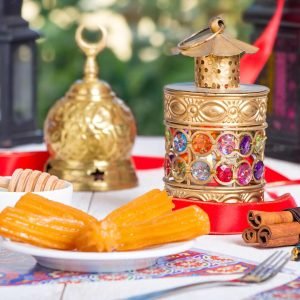
If you’re eager to experience the magic of Egyptian festivals firsthand, here are some tips to make the most of your visit:
Plan Your Visit During Festivals: Research the dates of major festivals and plan your trip accordingly. Ramadan and Eid, in particular, offer a deep cultural experience.
Choose the Right Location: Cairo and Alexandria are excellent choices for experiencing festivals due to their vibrant atmospheres and rich cultural heritage.
Embrace Cultural Etiquette: Respect local customs and traditions, especially during religious festivals. Dress modestly and refrain from eating or drinking in public during Ramadan fasting hours.
Join Local Celebrations: Don’t hesitate to join in the festivities. Engage with locals, sample traditional foods, and participate in cultural activities to immerse yourself fully.
While Egypt’s festivals proudly preserve their traditions, they also adapt to the modern world. Social media has played a significant role in showcasing these celebrations to a global audience, making them more accessible than ever before.
Influence of Social Media: Platforms like Instagram, Facebook, and YouTube have allowed Egyptians and tourists alike to share their festival experiences with the world. Hashtags and live streams bring the joy and excitement of festivals to a global audience.
Promoting Tourism and Cultural Exchange: Egyptian festivals are not only celebrations of culture but also powerful tools for promoting tourism and cultural exchange. Festivals draw visitors from all corners of the world, fostering cross-cultural understanding and appreciation.
In Egypt, festivals are more than just events; they are living, breathing expressions of a rich and enduring culture. As we’ve explored the role of festivals in Egyptian culture, delved into the significance of major celebrations, and learned how to experience them as travelers, one thing becomes clear: these festivals are windows into the soul of Egypt.
From the spirituality of Ramadan to the joy of Eid, the vibrancy of Sham El-Nessim, and the cultural depth of Moulid al-Nabi and Coptic Christmas, each festival adds a unique layer to Egypt’s cultural tapestry. Wafaa El-Nil reminds us of the vital connection between the Nile and the Egyptian people.
In our ever-connected world, these festivals not only preserve the past but also bridge the gap between tradition and modernity. They allow us to witness the enduring spirit of a nation that treasures its history while embracing the future.
So, the next time you find yourself in Egypt during one of these enchanting celebrations, don’t hesitate to immerse yourself in the festivities. Share in the joy, partake in the traditions, and create memories that will stay with you forever. Egypt’s festivals are an invitation to experience culture in full swing, and the experience is nothing short of magical.
If your travel plans are further out. Get on our wait list and we will let you know when future dates and pricing become available.
Sign up below to get on the wait list. You will be one of the first to be notified when reservations open up.
Required*
Sign up to hear about our upcoming adventures, monthly newsletter, exclusive offers, and more!
Required*
Not Ready to book?
Get regular updates on upcoming tour and special promotions.

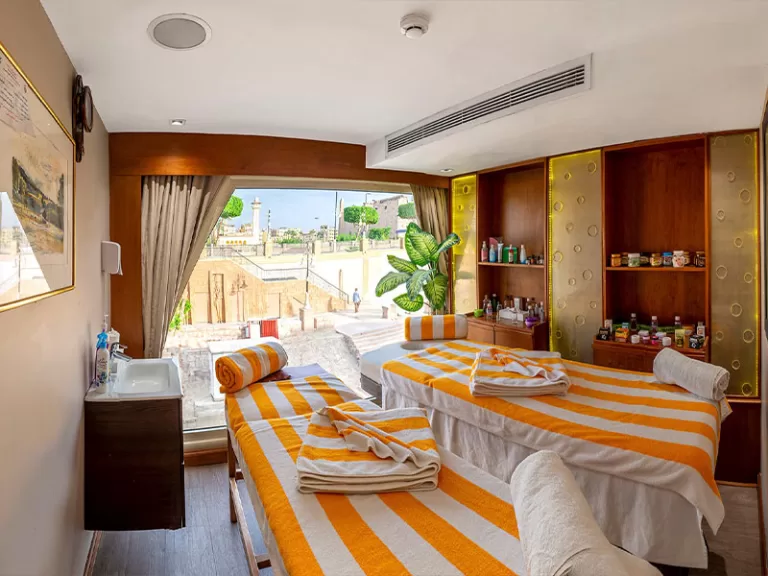

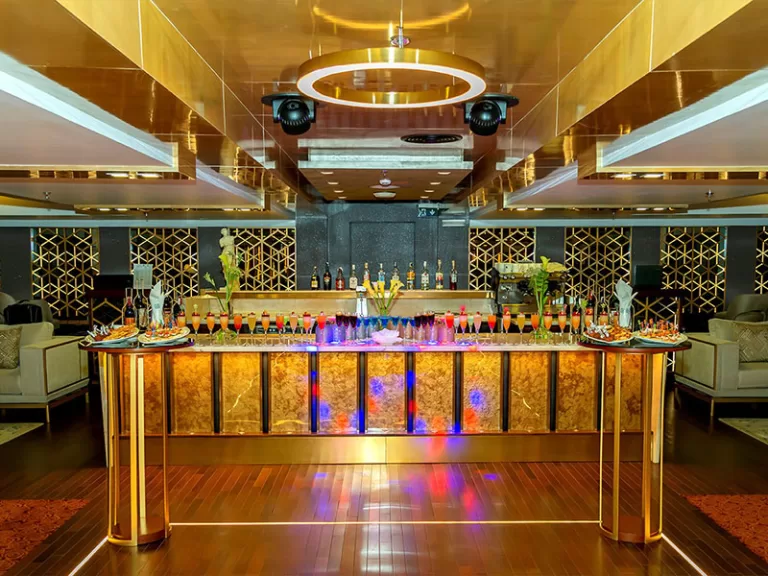
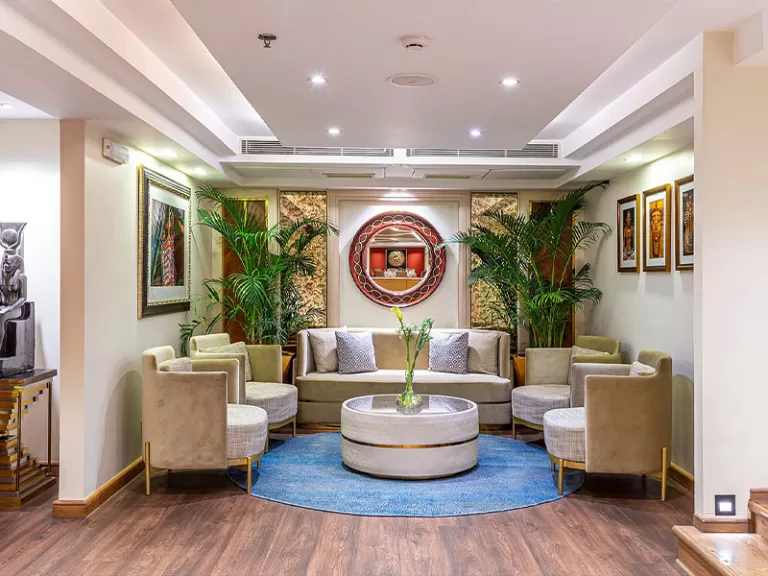
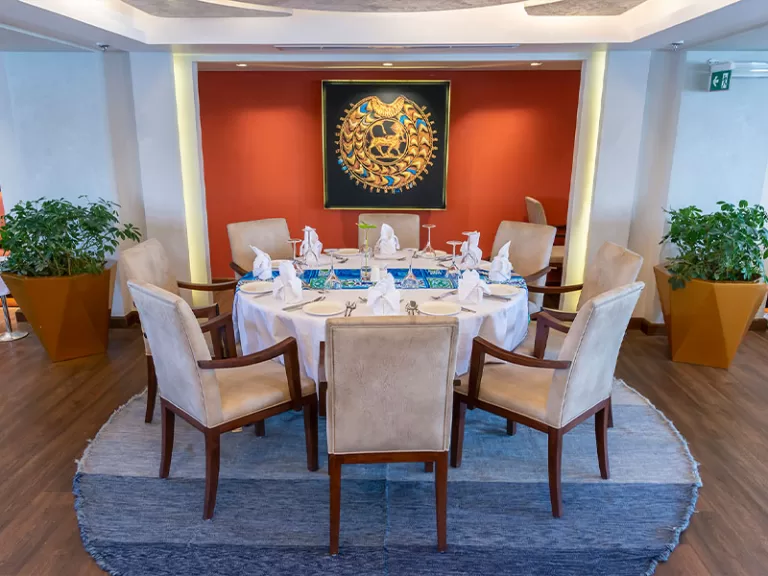
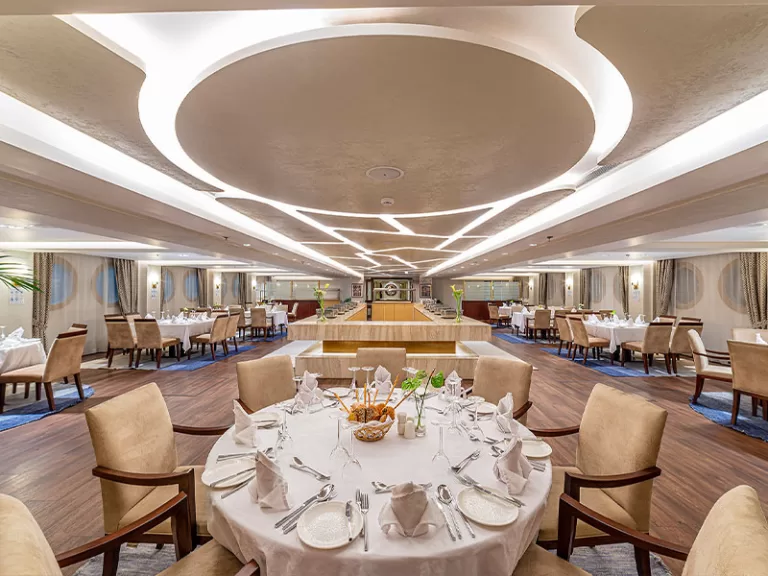
Sign up for our Mailing List to get updates on our current offerings.